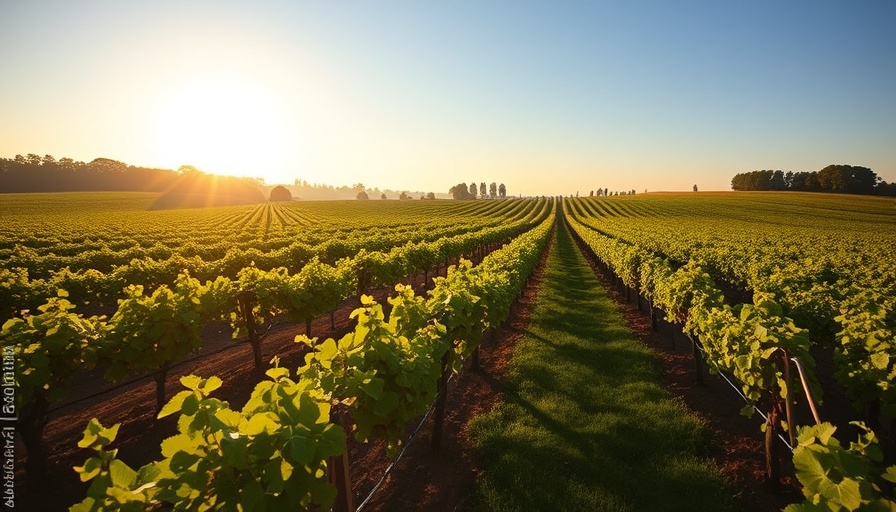
Contentious Terrain: The EFF's Stance on the Expropriation Act
The recent signing of the Expropriation Act by President Cyril Ramaphosa has ignited fierce debates within South Africa's political landscape. While the Economic Freedom Fighters (EFF) led by Julius Malema publicly oppose the Act for being merely a cosmetic measure, they are paradoxically prepared to defend it against legal challenges from the Freedom Front Plus (FF Plus) and other right-wing parties. This dual stance raises significant questions about the EFF's true intentions regarding land reform and socio-economic justice.
The Dichotomy of Support and Opposition
Julius Malema, representing the EFF, sharply criticized the Expropriation Act, deeming it insufficient as it still upholds principles of "willing buyer, willing seller." He argues that this framework does not effectively facilitate the return of land to landless black South Africans, which is a critical objective for the EFF. His declaration reflects a broader dissatisfaction within the party regarding government efforts toward equitable land redistribution.
Political Alliances and Opposition Dynamics
Malema's commitment to defending the Expropriation Act against the FF Plus reveals a strategic alignment with the ruling African National Congress (ANC), despite the EFF's dissatisfaction with the law's current form. This unorthodox collaboration could signify an attempt to unify against perceived threats from right-wing factions that challenge the government's land reform agenda. The political ramifications of this unprecedented coalition are profound, illustrating the complexities and shifting loyalties in South Africa's political landscape.
Implications for Land Reform
The ongoing confrontations regarding the Expropriation Act emphasize the contentious nature of land reform in South Africa. As parties like the DA, FF Plus, and Afri-Forum prepare to take legal action, the EFF's readiness to defend the Act signals the potential for political clashes that go beyond mere policy disagreements. The Act's implications for restitution could affect millions who await reparative justice and equitable land distribution, making the EFF's dual stance all the more critical to understanding the broader socio-economic context.
Public Sentiment and Future Prospects
The populace’s reaction to both the EFF’s stance and the Expropriation Act will likely shape public discourse on land reform moving forward. Many South Africans, particularly within historically marginalized communities, are closely watching these developments. Historically, land dispossession has led to enduring inequalities; how the EFF navigates this conflict may determine its standing among voters craving genuine change versus populist rhetoric.
A Paradigm of Political Image?
Malema's remarks suggest that the EFF embraces a confrontational political approach in the face of opposition, focusing more on the image of defending land rights rather than concrete policy changes. This raises questions about whether the party's strategy is to enhance their popularity through confrontation or to genuinely advocate for transformative land reform that effectively addresses historical injustices.
 Add Row
Add Row  Add
Add 




Write A Comment